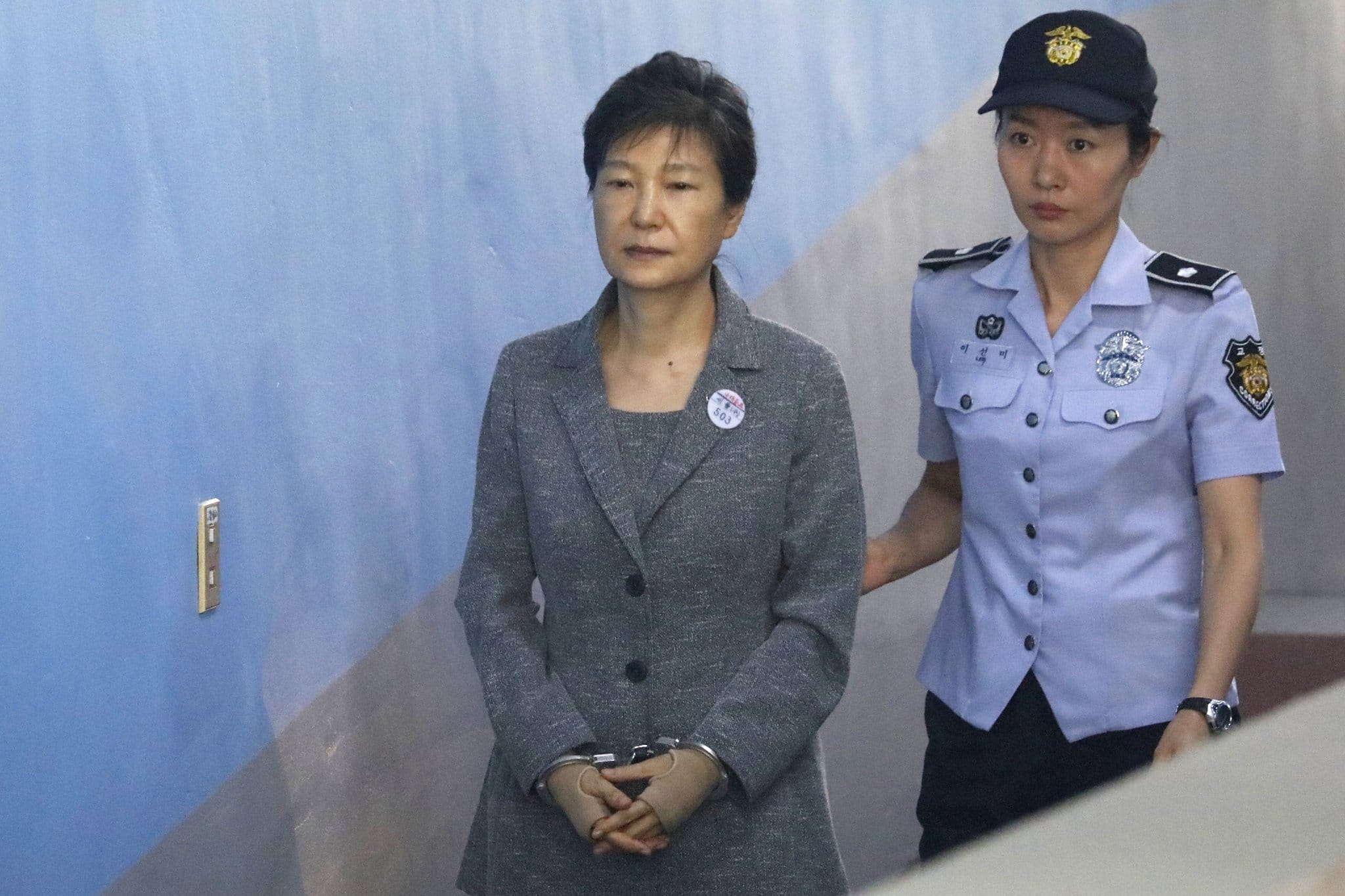The protests in Seoul have been a regular occurrence since the corruption scandal surrounding President Park Geun-hye broke in October. The scandal, which involves allegations of influence peddling and embezzlement, has sparked widespread outrage and calls for the president’s resignation.
On December 9, the South Korean parliament voted to impeach President Park, with 234 lawmakers voting in favor of impeachment and 56 against. However, the impeachment is not yet final, as it must be upheld by the Constitutional Court.
The Constitutional Court, which consists of nine judges, began deliberations on the impeachment on December 22. The court has 180 days to make a decision, but it is expected to deliver a verdict within the next few weeks.
The protests, which have been largely peaceful, reflect the deep divisions within South Korean society over the president’s fate. While many Koreans support the impeachment, others believe that it is a politically motivated move to oust the president.
The protests have been led by a coalition of civic groups, labor unions, and student organizations. The protesters have been calling for the president’s resignation and the establishment of a new government.
One of the main organizers of the protests is the People’s Emergency Action for Democracy, a coalition of civic groups that has been at the forefront of the anti-Park movement. The group has been calling for the president’s resignation and the establishment of a new government.
“We will continue to protest until the president resigns and a new government is established,” said one of the leaders of the group. “We will not stop until justice is served.”
The protests have been largely peaceful, but there have been some clashes between protesters and police. On December 17, police used pepper spray and water cannons to disperse a crowd of protesters who were attempting to march on the presidential palace.
Despite the clashes, the protests have been largely peaceful, and the protesters have been calling for a peaceful resolution to the crisis.
The international community has been watching the situation in South Korea closely, with many countries calling for a peaceful resolution to the crisis. The United States, which has a long-standing alliance with South Korea, has expressed concern over the situation and called for a peaceful resolution.
“We are following the situation in South Korea closely, and we urge all parties to resolve their differences peacefully,” said a spokesperson for the US State Department.
The situation in South Korea is complex, and the outcome of the impeachment is far from certain. However, one thing is clear: the protests will continue until the president’s fate is decided.
The protests have also sparked a wider debate about the state of democracy in South Korea. Many Koreans are questioning the country’s democratic institutions and the role of the presidency.
“The protests are not just about the president’s impeachment, but about the state of democracy in South Korea,” said one protester. “We need to reform our democratic institutions to ensure that this kind of corruption and abuse of power does not happen again.”
The debate about the state of democracy in South Korea is likely to continue, regardless of the outcome of the impeachment. However, one thing is clear: the protests have marked a significant turning point in South Korean history, and the country will never be the same again.
As the Constitutional Court deliberates on the impeachment, the world waits with bated breath for the outcome. Will President Park be impeached, or will she survive the crisis? Only time will tell.


